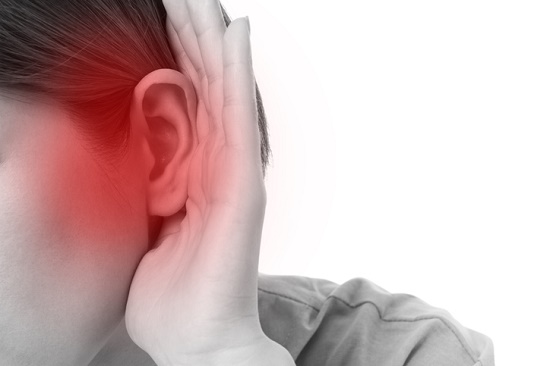
Hearing loss is solely an issue for older people, right?
Not quite. While it’s a fact that your odds of acquiring hearing loss increase as you age, you can, in truth, develop hearing loss at any age.
As stated by the NIDCD, 26 million Americans age 20 to 69 have high-frequency hearing loss from direct exposure to loud sounds at work and during leisure activities. And that includes 1 in 14 generation Xers, age 29-40, who already have hearing loss.
Considering that hearing loss can hit at any age, it’s imperative to understand the indicators as they’re commonly subtle and difficult to notice.
The following are eight silent signs of hearing loss that should prompt you to get a hearing test.
1. Ringing in the ears
Have you ever returned home from a booming concert and noticed a ringing or buzzing in your ears?
If yes, that indicates you’ve injured the nerve cells of hearing in your inner ear. If it’s only occurred a few times, the harm is most likely short-term and minor. But continual exposure or one-time direct exposure to very loud sounds could create irreversible damage and hearing loss.
If you continue to hear ringing in your ears, you should schedule a hearing test as this is one of the first signs of hearing damage. And if passing up future live shows is not a possibility for you, your hearing professional can help you prevent further damage with personalized earplugs.
2. Balance problems
Your hearing and balance are intricately linked. In fact, a major part of your ability to remain balanced is a consequence of sophisticated structures within the inner ear.
If you find that you’ve been more clumsy as of late, the problem may in fact be with your ears. In fact, a study by Johns Hopkins University determined that individuals with hearing loss were three times more likely to have a history of falling.
3. Memory impairment
Your short-term or working memory is quite limited, able to deal with only a few items for a short period of time. That indicates that you don’t have time to get caught up on missed words during fast-moving conversations.
With hearing loss, speech comprehension is compromised as you can completely miss or misunderstand the speaker’s words or message. This manifests later when you can’t recall significant information.
4. Painful sounds
When you lose your hearing, you may become excessively sensitive to specific sounds, to the point where they cause pain or discomfort.
The medical term for this is hyperacusis, and you’ll want to consult with a hearing professional if the issue continues or becomes intolerable.
5. Listening exhaustion
Just imagine spending the day attempting to figure out meaning from half-heard words and sentences and replying to questions you didn’t fully hear. That level of attention can wear you out quickly.
If you notice you’re extremely exhausted at the end of the day, hearing loss may be to blame.
6. Trouble hearing in groups
Early stage hearing loss usually doesn’t present itself during person-to-person conversations or in tranquil environments. Most often, hearing loss only becomes an issue in the presence of background noise or in group settings.
7. Not hearing calls or alarms
Hearing loss is very often hard to notice or identify as it develops little by little every year. Oftentimes, friends and family members will notice the hearing loss before the person suffering from it does.
However, there are some warning signs you can watch for, such as the inability to hear alarms or calls, the doorbell, or the television at normal volume.
8. Difficulty hearing movie dialogue
With hearing loss, you may have particular trouble hearing the conversations in shows and movies. That’s because the majority of cases of hearing loss impact high-frequency sounds to the highest degree, and speech is a high-frequency sound.
It’s never too early to care for your hearing health. If you experience any of these signs or symptoms, arrange a consultation with your local hearing care professional.
